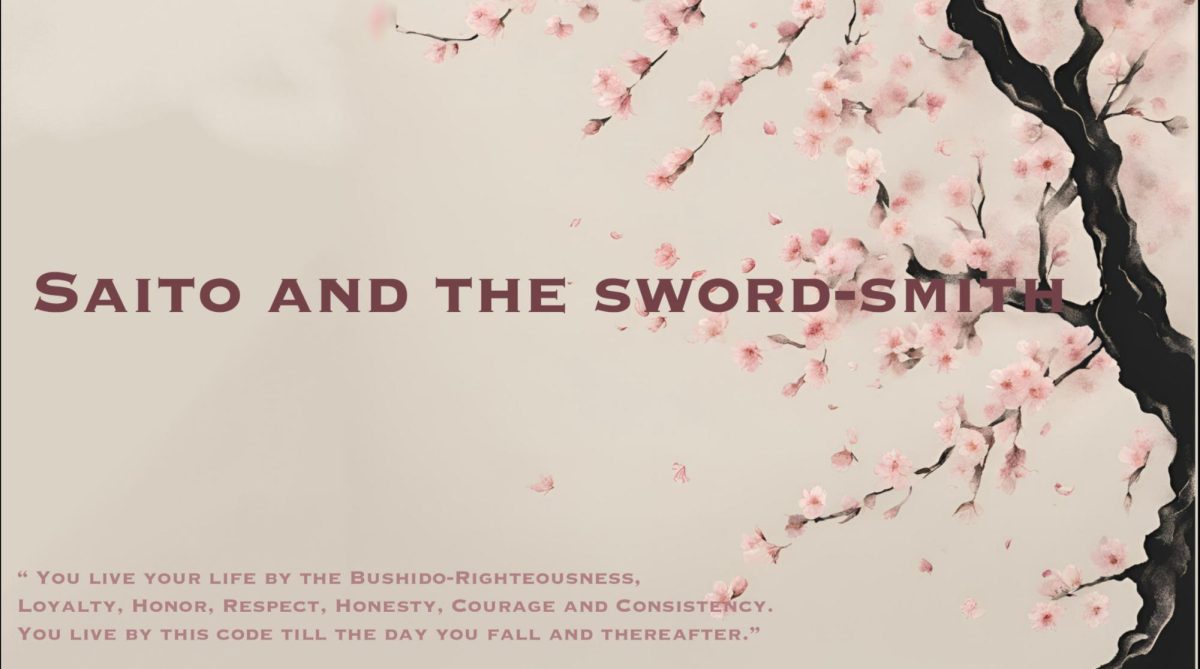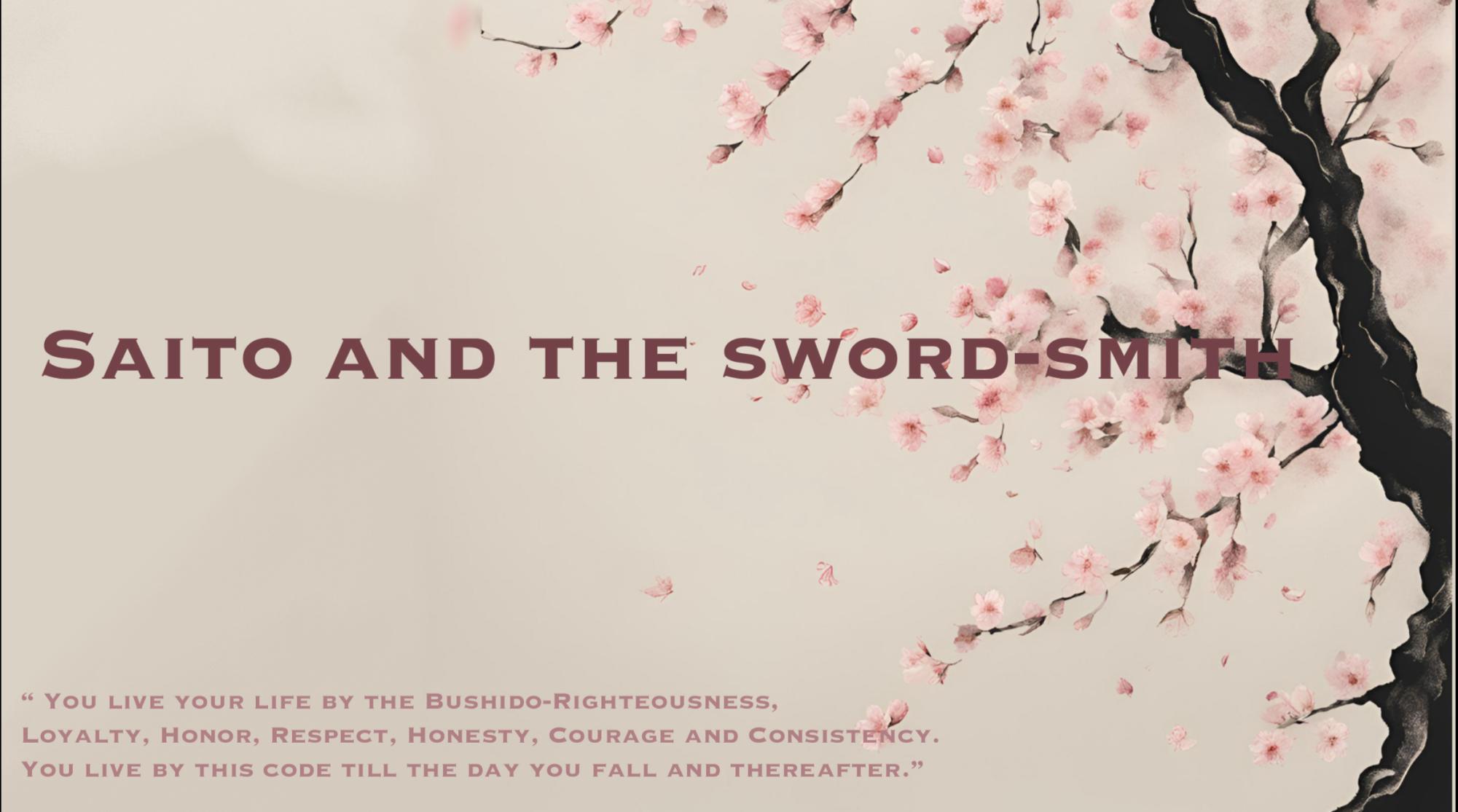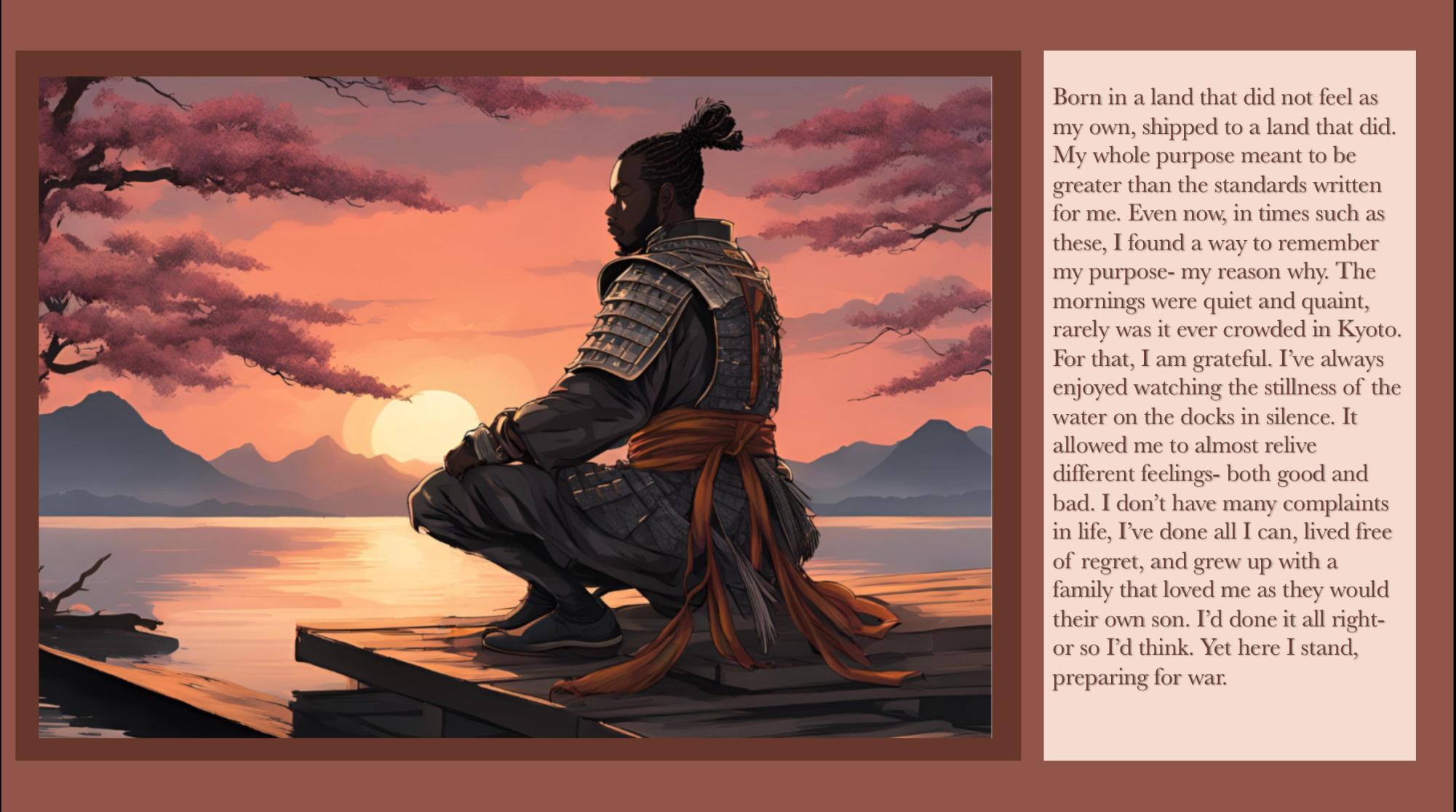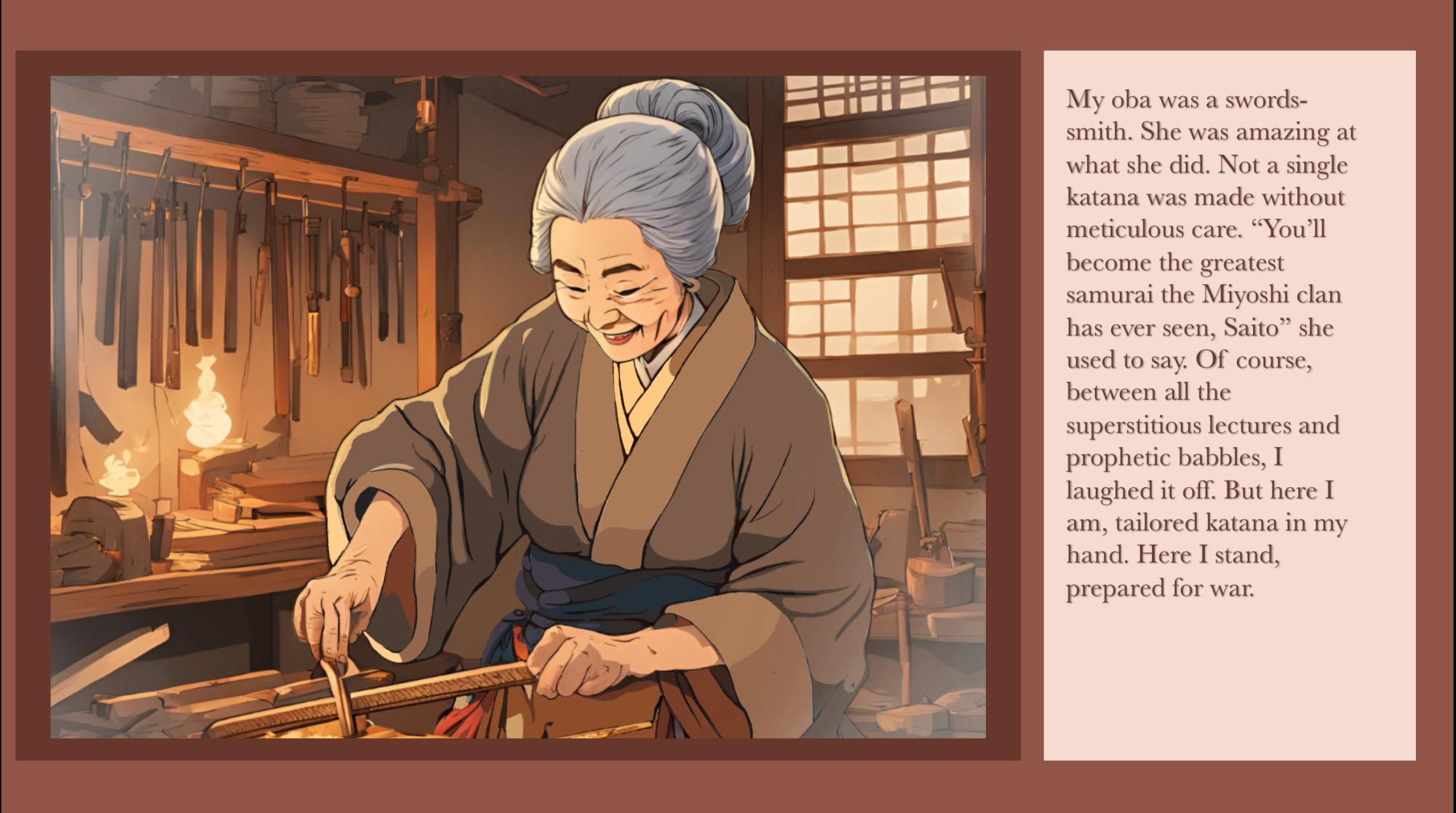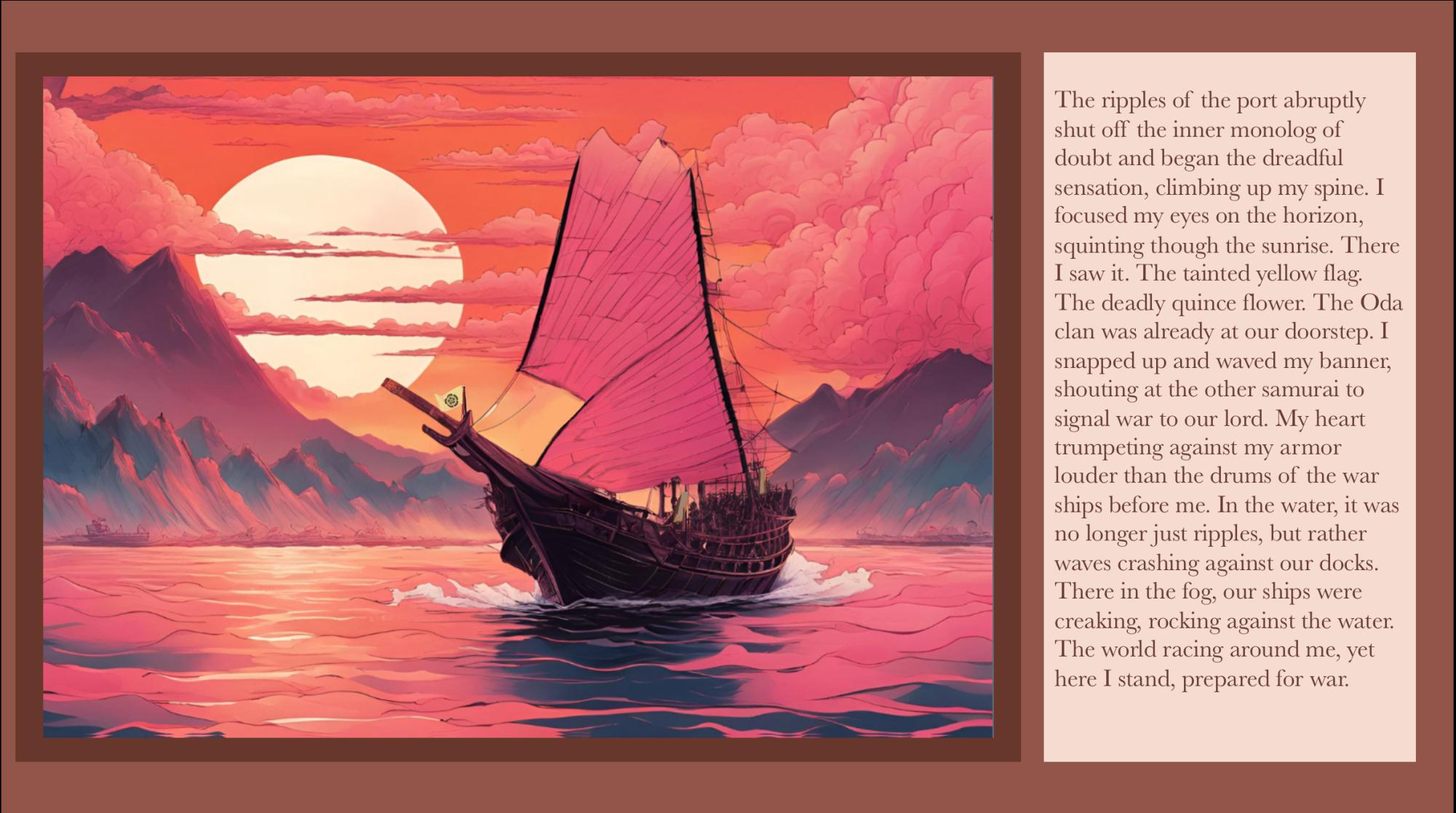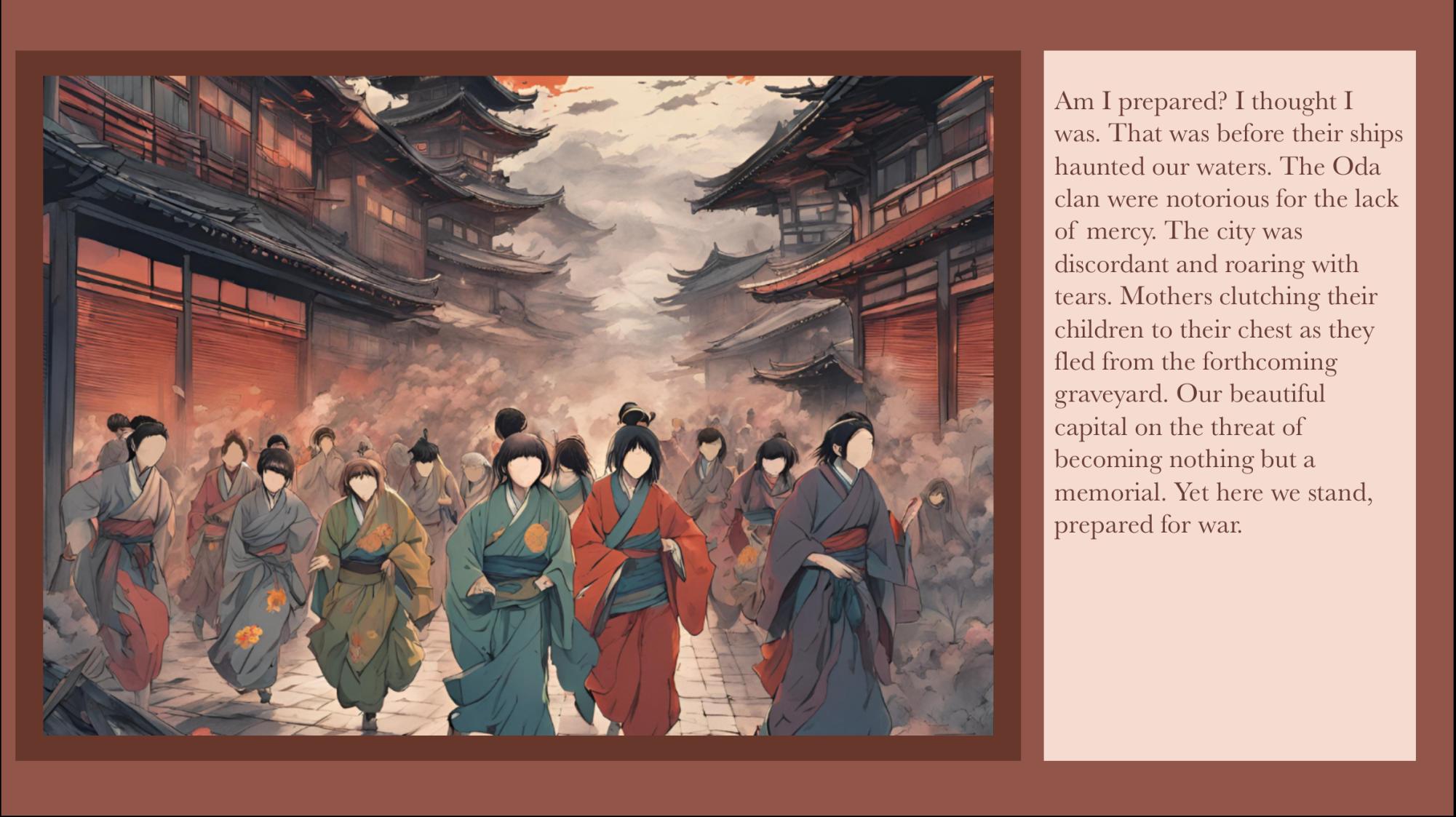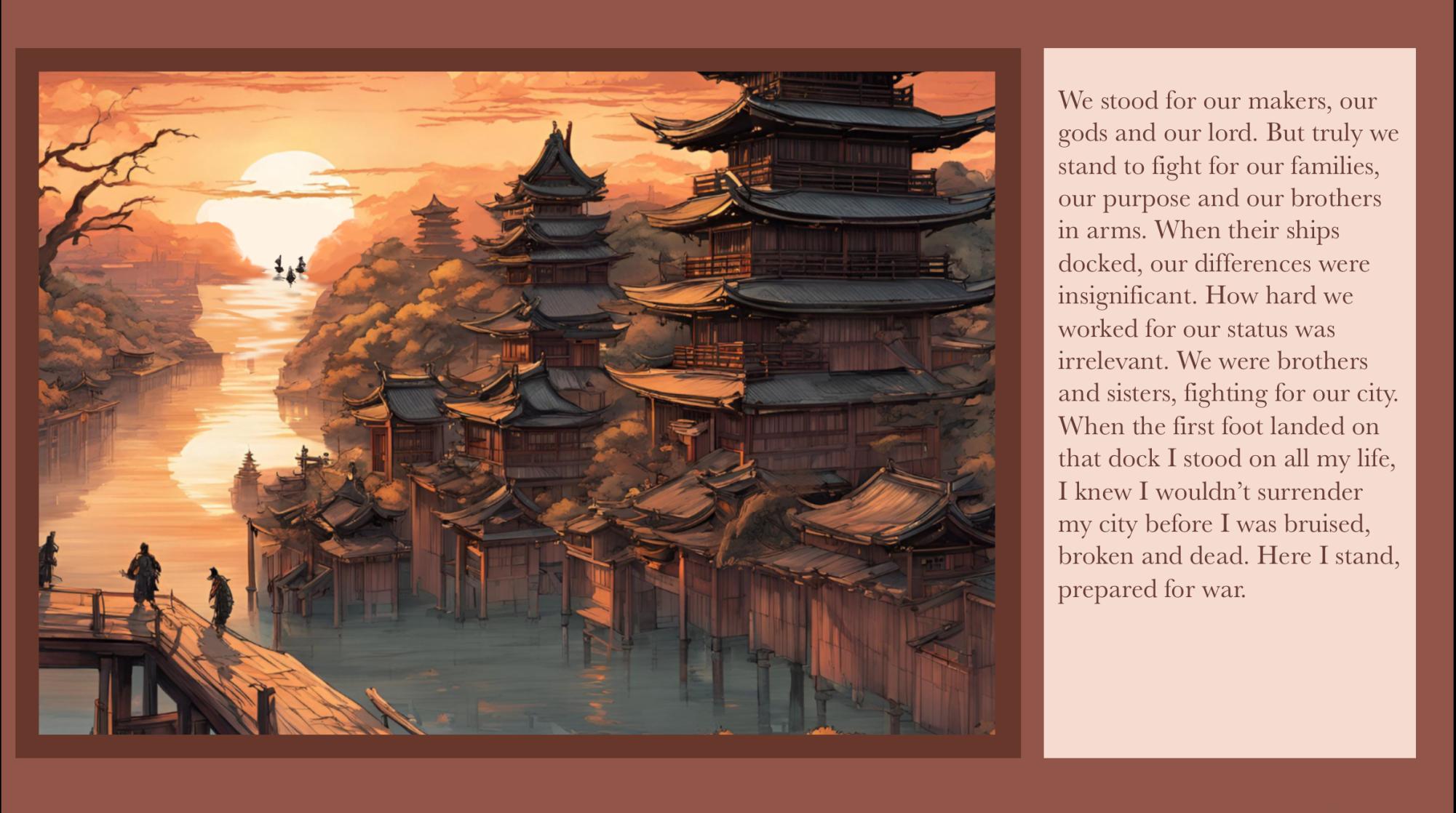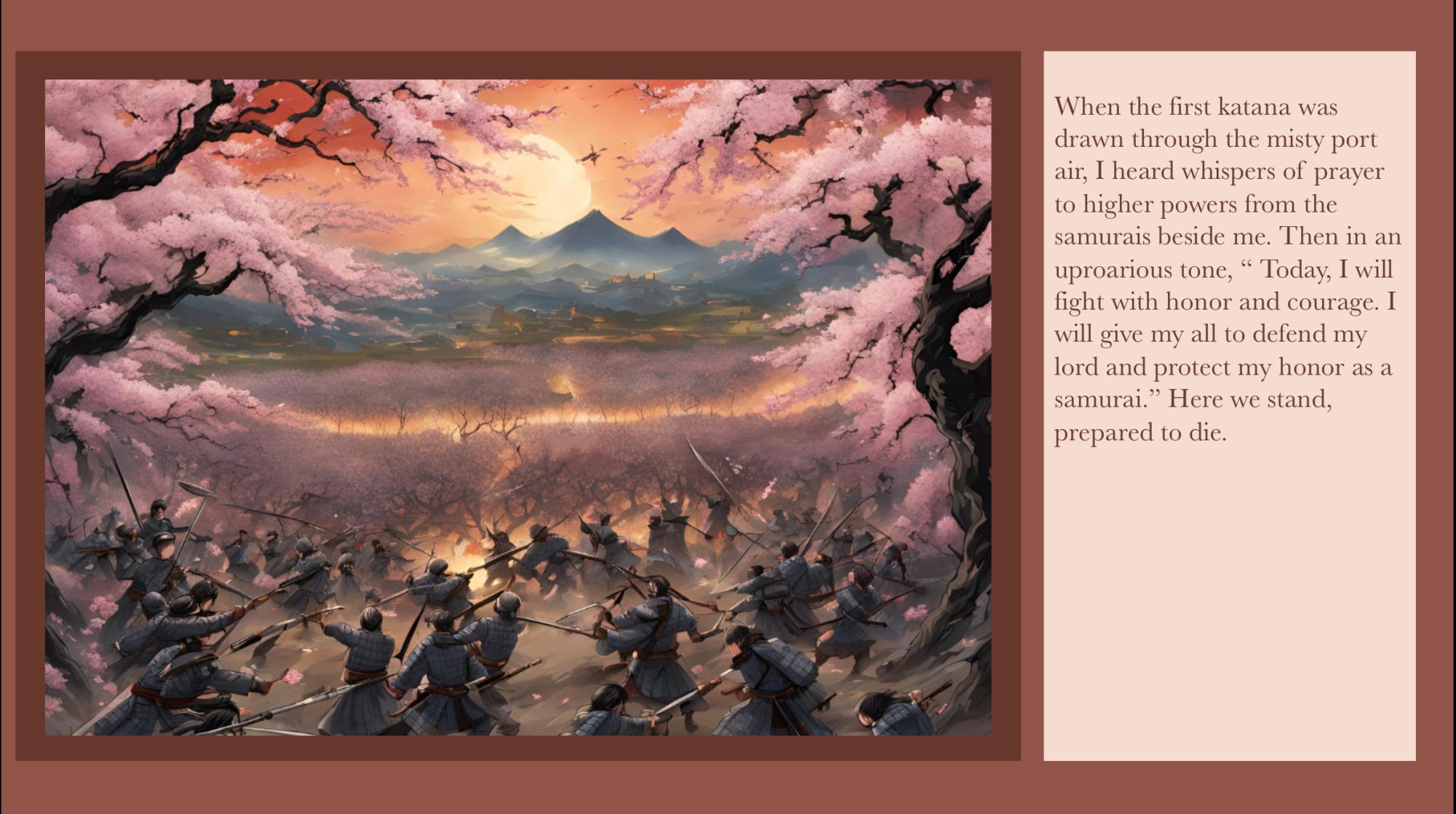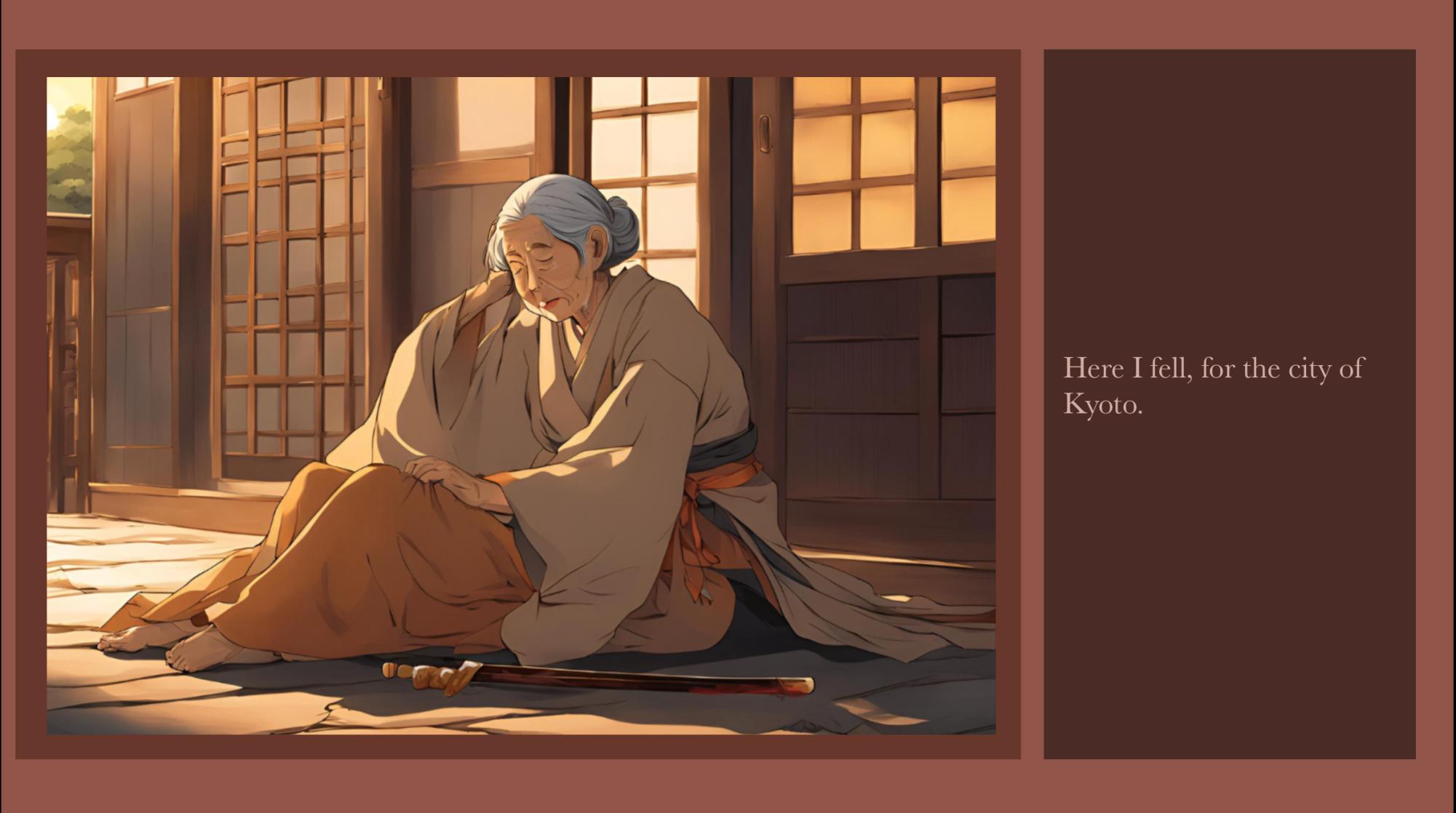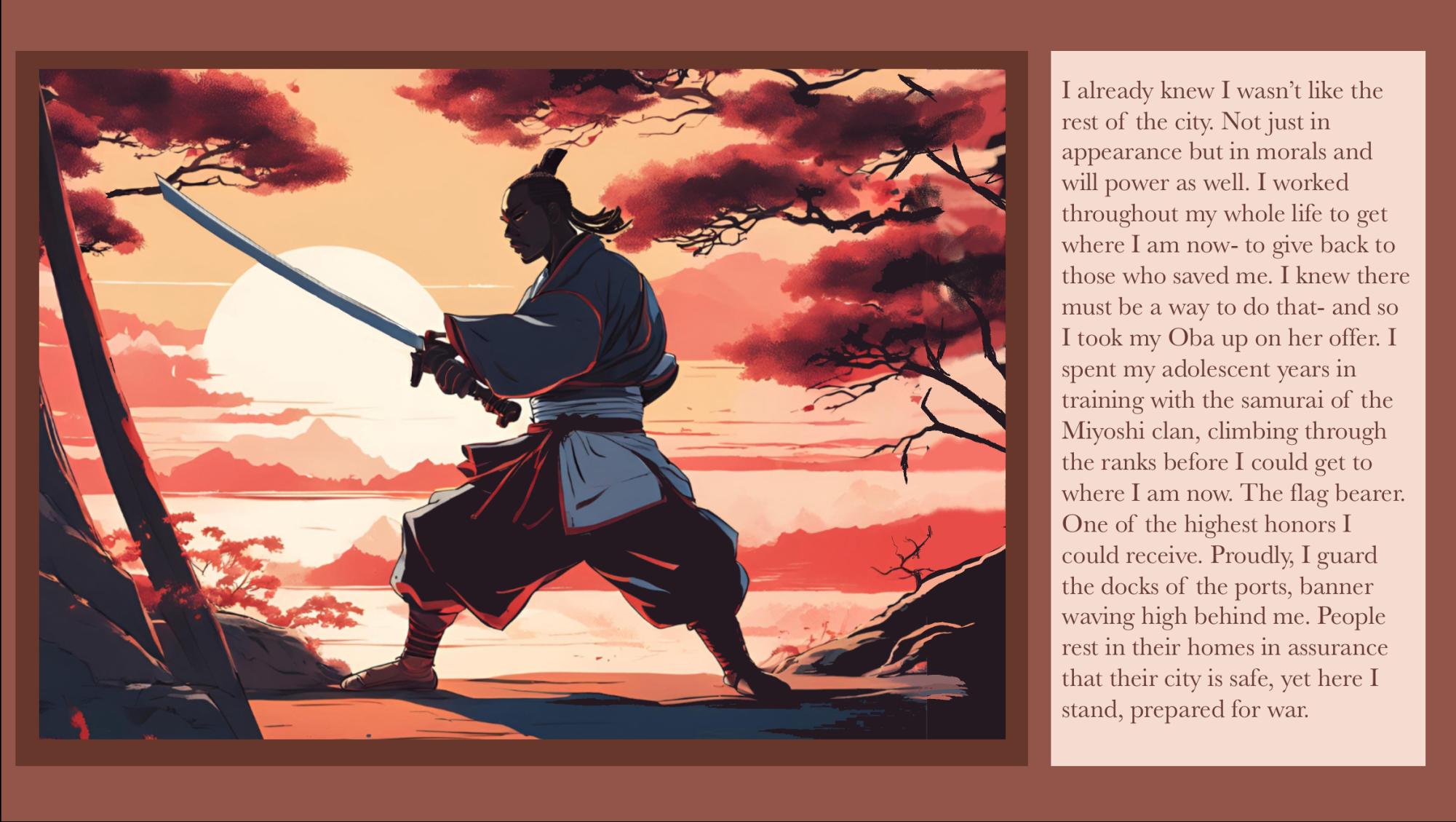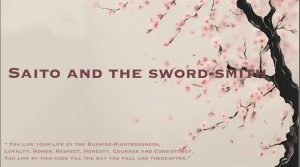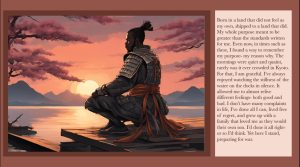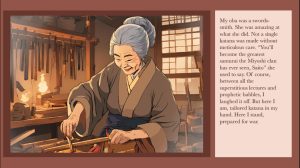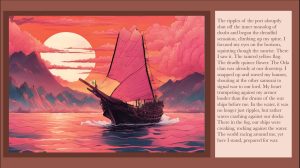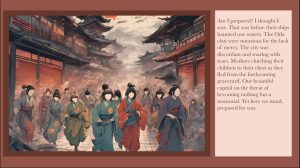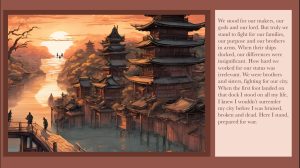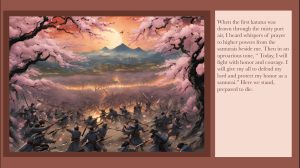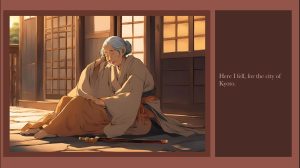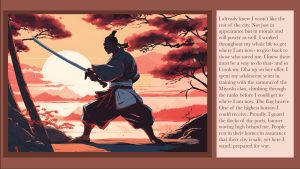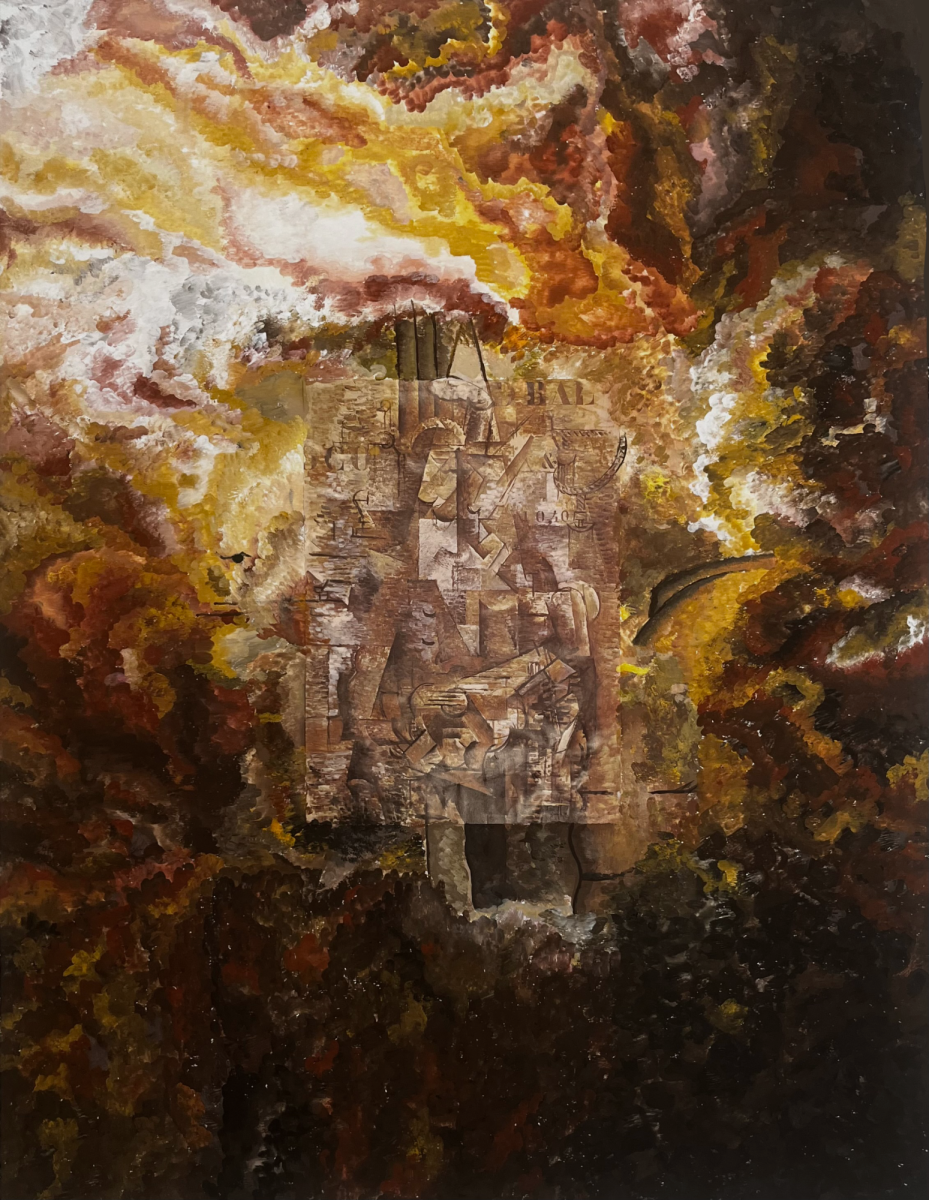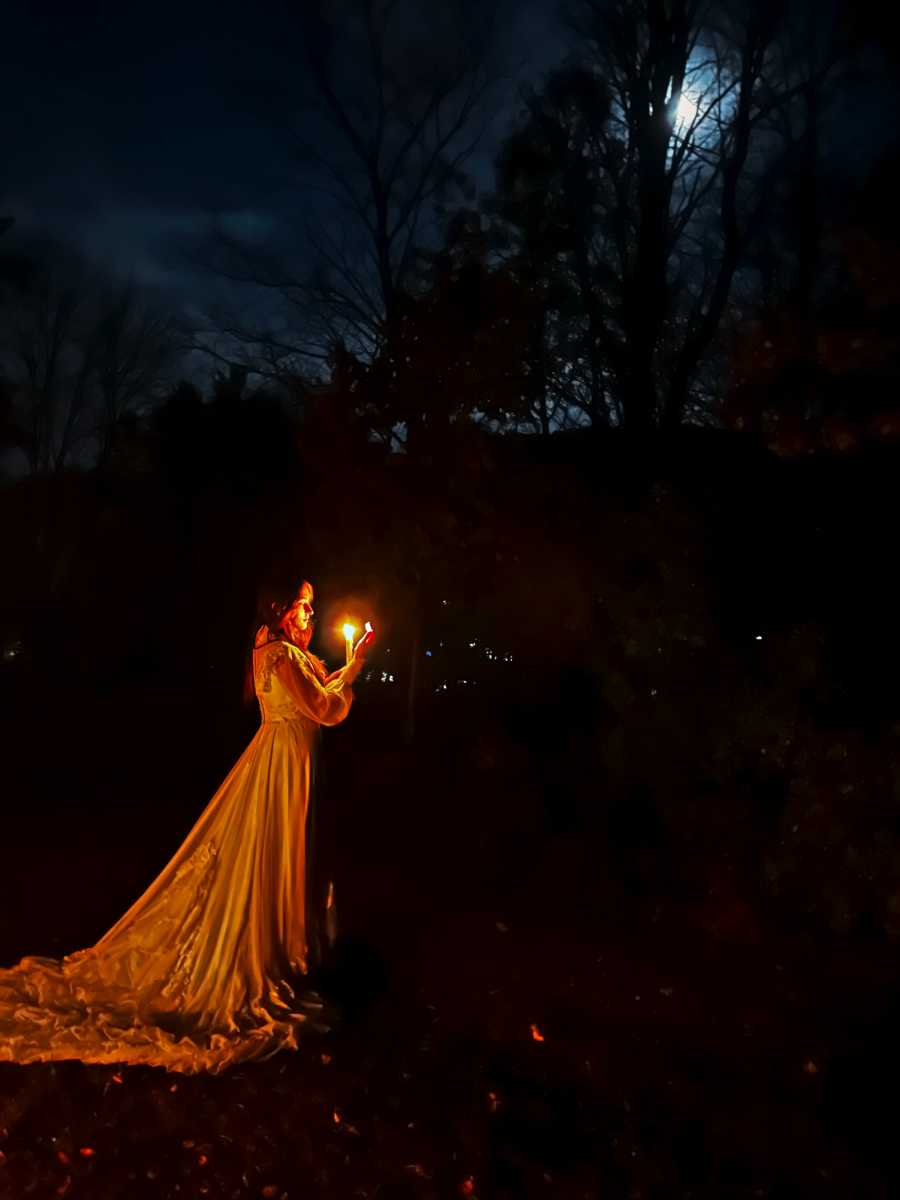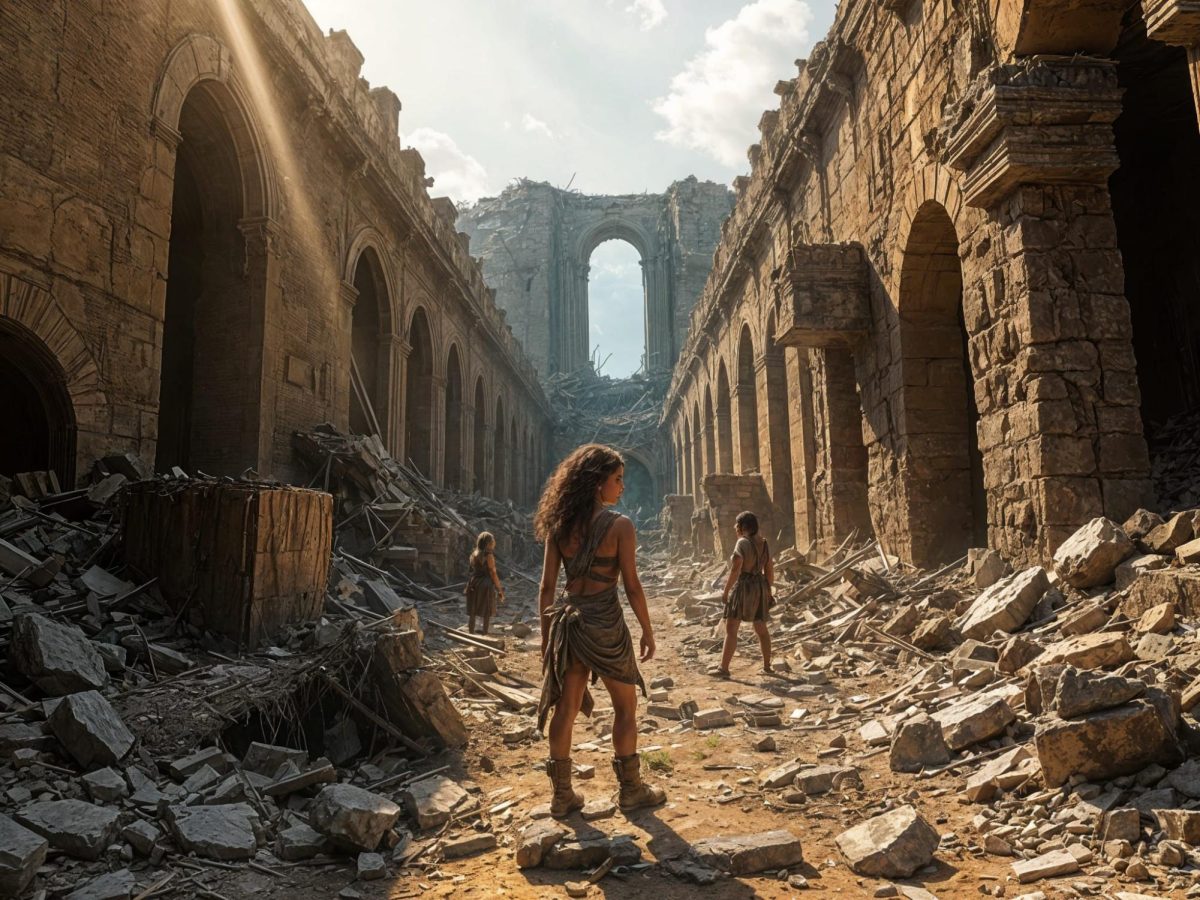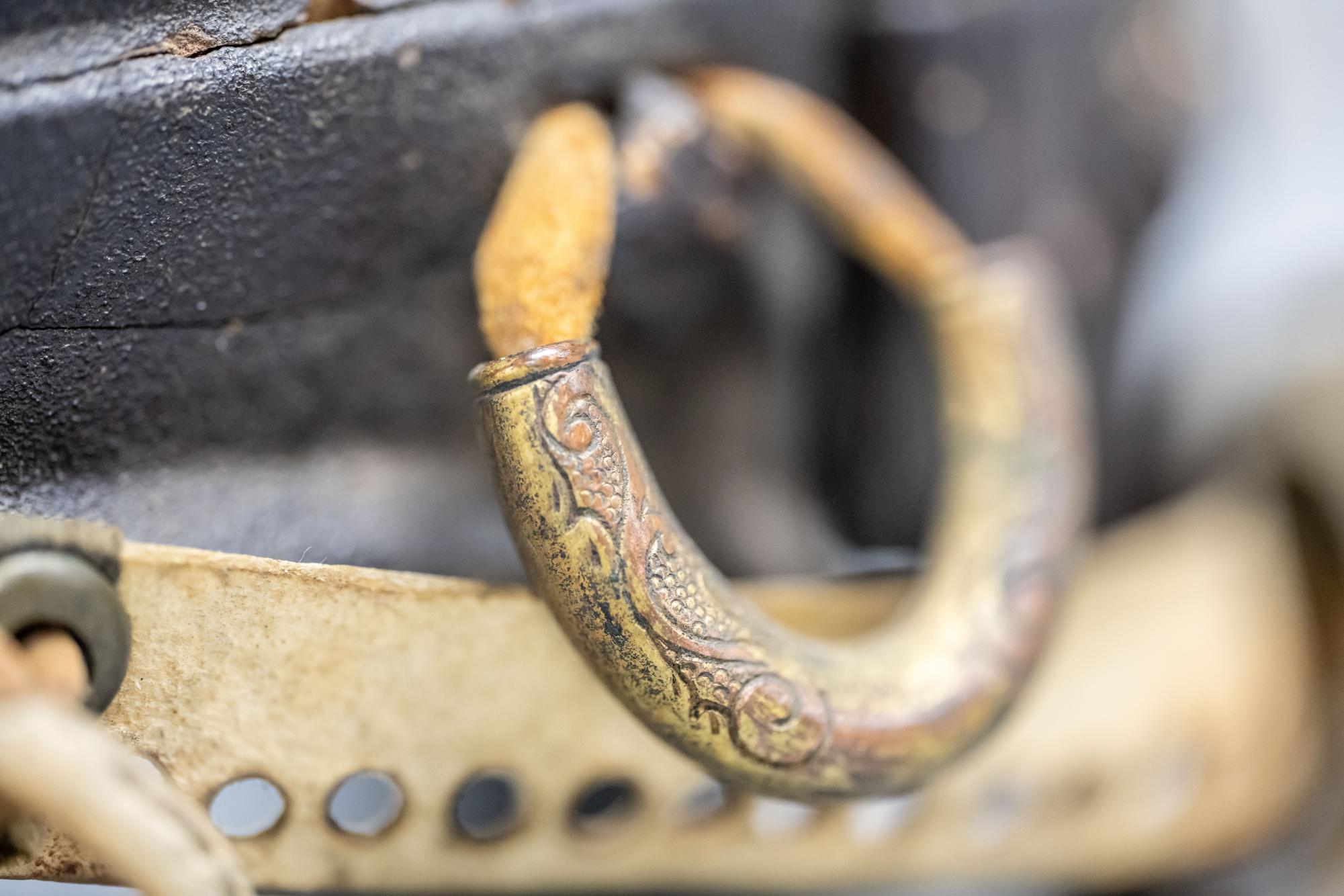
While supporting US forces during the Boxer Rebellion in China in 1900, Col. Richard Coolidge (NU Class of 1863) acquired a piece of ancient clamshell-style chest armor from the Palace of the Seventh Blood Prince in Beijing. He later donated it to Norwich University, where it sat in collections storage for more than a century, mislabeled as Chinese. Student researcher Sean Michael McCrystal (NU Class of 2017) studied Coolidge’s armor and proved that it actually belonged to a Japanese Samurai warrior – likely a flag bearer — of the Miyoshi or Hosokawa clan. It dates from the chaotic Sengoku period, mid- to late-1500s, after Portuguese traders and missionaries arrived in Japan with guns but before Tokugawa Ieyasu took power as Shogun and expelled all foreigners. Ultra-violet light revealed extensive bloodstains that suggest the last person who wore it in battle was probably beheaded. When McCrystal teamed up with a forensic scientist at Madonna University to test the blood, he discovered possibly the most fascinating fact about this enigmatic armor: the person who lost their life in it was probably African.
If an object could talk, the Samurai armor in the Sullivan Museum and History Center would have quite a story to tell. Unfortunately, we can never know for sure what happened to this armor and the person who wore it. There is historical evidence that at least one African slave brought to Japan by the Portuguese did become a Samurai warrior, but there is no historical record for this particular Miyoshi-clan flag bearer. How did he rise to the status of Samurai? Under what circumstances did he lose his life? And how did his armor end up in the Palace of the Seventh Blood Prince in Beijing?
Students in the Fall 2024 History of Civilizations classes undertook the challenge of filling in the missing details with fiction, based on our knowledge of the African slave trade, Sengoku Japanese culture, armor-making, Samurai training, warcraft, and politics. Each of the stories that follows is a historically-plausible account of what might have happened to the armor, its maker, or its wearer in sixteenth-century Japan.
Fang Shi held his sword to Yasuhiro’s neck as he paced around him atop the podium.
“Black Samurai…” he said with disgust, “do you still remember what the Westerners do to villains and scum?”
Yasuhiro did not respond to this statement, he only looked toward his comrades who were tied against wooden posts, kindling beneath them.
Fang Shi stopped pacing. “They burn them.”
Yasuhiro raised his head, and despite the pain the sword caused his throat, he began to pray.
“Unto thee,” Yasuhiro spoke for all to hear. His comrades, tied to wooden posts with only rags on, joined him in prayer, “O Lord, I lift up my soul. Oh, my God, I trust in thee. Let me not be ashamed…”
Fang Shi signaled to his executioner to light the fires.
“Let not my enemies triumph over me. Lead me in thy truth,”
As each stake was lit, smoke filled the lungs of the samurai as they prayed, but they pushed on. “For thou art the God for my salvation. On thee do I wait all the day. I will fight for you. I will die for you.” The fire caught their clothes, it burned their skin and made it black and red.
“Amen.”
Each man on the stake burned slowly, and Yasuhiro was forced to watch it all with a sword to his throat.
“Your god holds no claim over this dominion, Black Samurai,” Fang Shi said with dark eyes. Once a brother, now an enemy, Fang Shi raised his sword and slashed. Yasuhiro’s head rolled off the podium and into the mud, its lifeless eyes staring blankly at the burning corpses before it.
“May you not be ashamed of what you have done but be ashamed of what you have become,” Fang Shi whispered as the crowd before him cheered. He, however, grabbed the body of Yasuhiro and stripped it of its armor, leaving only the corpse of a former samurai, former slave, and former sailor.
“Your armor shall serve as a fine tribute to the emperor.”
He left the podium, sword sheathed and blood-stained armor in hand. It was heavy, not due to the metal plating inside, but due to the memories it had collected, sorrowful memories. Fang Shi had not been one to believe in such nonsense, but now that the Black Samurai was dead, his mind was made up. Too late to go back in time now.
Arriving at the palace, Fang Shi requested an audience with the Wanli emperor. The emperor was a man of great ambition, he desired to rule all of China and the Steppe, to mold it into his dreams.
An audience came quickly. Fang Shi entered the throne of the Seventh Blood Prince’s Palace. It was a magnificent hall with golden chandeliers that led all the way to a golden throne, atop the throne was a large man in expensive robes. His cheeks were chubby, his eyes as black as midnight. He has clearly seen many sleepless nights these past few weeks, and it was all due to the Black Samurai, whose blood-stained armor now lay before him, crumbled in defeat, or so the emperor hoped, the armor stood tall on the ground, a testament to the will of Yasuhiro, of Adimu.
“What is the meaning of this?” the emperor asked, refusing to believe the truth that Yasuhiro might be dead. Fang Shi kicked the armor closer and kneeled down in respect before speaking. “My Emperor, this is the armor of the Black Samurai, ladened in his blood.”
The Wanli emperor stared down at the blood-stained armor, his face inscrutable beneath the flicker of golden chandeliers. His black eyes, ringed with sleepless nights, scanned the armor as though searching for the man who once filled it.
“Fang Shi,” the Emperor’s voice rumbled through the hall, cold and sharp, “you claim to bring me the armor of the Black Samurai, yet you stand before me without his head.”
Fang Shi bowed lower, his face almost touching the floor. The weight of Yasuhiro’s final prayer still hung over him, gnawing at his thoughts. “My emperor, the Black Samurai—he perished in the flames alongside his men. His defeat is assured. This armor is proof of that.”
The emperor stepped forward, the soft rustle of his robes the only sound in the cavernous hall. His eyes remained locked on the armor at his feet. “You think the armor of a dead man is enough to quench the fires of rebellion?”
Fang Shi dared to glance up. “The Black Samurai is no more. His followers—”
The emperor raised a hand, silencing him. “Do not speak of followers. Speak of symbols. This man was not just a warrior. He was a beacon for the weak, the restless. You have brought me his shell, but his spirit, Fang Shi, his spirit lives on in the hearts of the people.”
Fang Shi felt a chill crawl up his spine. “My emperor, the people will see him for what he was—an enemy of the state. They will remember his defeat.”
The emperor’s lips curled into a thin, humorless smile. “No, they will not. People do not remember defeat. They remember martyrs. He died not as a traitor, but as a hero in the eyes of those who would defy me. And heroes are far more dangerous than enemies.”
Fang Shi’s mind reeled. He had done everything he could to erase the Black Samurai, to destroy the man who had once been his brother. But the emperor saw beyond the battlefield, beyond death itself.
“What would you have me do, my emperor?” Fang Shi asked, voice steady despite the unease growing inside him.
The emperor circled the armor, his eyes distant, lost in thought. “I would have you erase him. Not just his body, not just his men. His name. His legacy. The memory of the Black Samurai must be torn from this world, Fang Shi. Every whisper, every monument, every story told around the hearth. You will find those who remain loyal to him, and you will extinguish them like the embers of a dying flame.”
Fang Shi swallowed, his throat dry. “I will do as you command, my Emperor. The Black Samurai’s memory will fade.”
The emperor stopped before him, his dark eyes narrowing. “Be certain of that. I will keep this armor here as the only remembrance of our defeat. And know this: the fire you stoked to erase him may burn you as well, Fang Shi. Be wary, lest you too become fuel for it.”
Fang Shi bowed deeply, but his chest felt tight. He had been victorious, but now the true task lay ahead—erasing not just a man, but a myth. A myth that had grown larger than the man himself.
As he turned to leave, the emperor’s voice echoed behind him, “Fang Shi.”
Fang Shistopped, fists clenched at his side.
“Do you believe in ghosts?” the emperor asked softly, his tone dripping with irony.
Fang Shi hesitated, his pulse quickening. “No, your majesty. I do not.”
The emperor smiled again, a fleeting, ominous gesture. “Then you will have no trouble erasing them.”
Fang Shi walked briskly out of the throne room, the emperor’s words ringing in his ears. Fang Shihad killed Yasuhiro with his own hands, watched Yasuhiro’s comrades burn. But now, Fang Shi understood—killing a man was easy. Killing a legend would take far more.
The rain began to fall as Fang Shi stepped into the palace courtyard, the sky above roiling with dark clouds. He pulled his cloak tighter around himself, the weight of his mission sinking in. Yasuhiro’s death was just the beginning. Now, he had to kill the memory of the Black Samurai, or risk watching the rebellion rise from the ashes once more.
In the distance, the drums of war began to beat again. Fang Shi knew that the real battle had only just begun.
Understanding the future is to understand the past;
To understand the end, we must know how it began.
In the late 1500s, we find ourselves in the midst of a man,
Stolen from Africa, brought to Japan.
Locked away from the present following constant command.
He knows not yet of tomorrow, but he’s stuck on the land.
Never given his freedom,
He’s a slave of a man.
Stronger than a bullet this armor does protect,
Decorated with the emblem holding this highest of respect.
The Miyoshi clans distinguish their soldiers with the stamp,
Their family’s greatest emblem known as mon is dressed high upon shoulder straps.
It’s a square within a circle, delicate to view,
Bringing beauty to the rugged of the yokohagi okegawa ni-mai do.
Out in the garden tending the earth,
He hears a great sorrow that circles the earth,
He follows the thrill careful not be seen
he knows if he is he’ll do more than just clean.
The shine of the armor laying still on the ground,
The silk of the collar stained with spirits unfound.
The metal is cold, yet the leather is tough.
He puts on the pieces like a puzzle finally done. Now He appears as the soldier, so he runs for the hills,
Escapes his entrapment and the life that was not his.
He heads due north through the mountains to where the armor was forged.
He blends into the masses, a samauri to the eyes of the clan.
He goes as a messenger to the Prince of Beijing,
Where they notice his roots do not lie deep within,
But instead, he’s a fraud fleeing touture with no chance to win.
In one swift smooth motion, they take off his head,
Send it back to the Miyoshi, a treaty and gift full of bloodshed.
The armor was kept in the Palace of the Seventh Blood Prince.
Locked deep away in the taverns until General Coolidge broke in.
He took with him the armor as a trophy of the lives lost within,
The signing of the Boxer Rebellion concluded the anger in him.
A gift of the general, a Norwich alum,
Graduated in 1863 before the armor was won.
He brought it back as a donation to be used as a source,
To learn about the story of our past,
So, the future can be understood as a reflection of that past.
Son,
The year is 1593 as I stand on the battlefield in Korea writing this letter—and I fear my days are near. In this convoluted conflict of many daimyos banded together under Toyotomi Hideyoshi, Hideyoshi coaxed us into believing that we could successfully invade China by defeating Korea. But we had bitten off more than we could chew, and now the bullets whiz around our heads as the samurai training I received many years before seems moot—as well as far less noble. No more is there honor between families on the sashimonos we wear on our backs and mons we wear on our shoulders. Instead, it is a busy battlefield with grunts, cavalry, and marksmen.
I digress; we have already successfully captured Seoul and other cities, but we have begun to receive trouble from the Korean navy as well as a land army from Ming China. I repeat to you, I fear my days are near while I see my comrades falling beside me. The Chinese are vicious and vehement in the ways of this new combat, and we cannot board or burn the Korean ships. Our meager pouches of gunpowder dwindle as my right pouch is already empty and my left is not far—the battlefield will have to resort back to sword fighting where people are now getting shot and then beheaded as a final dishonor. These emotionally straining situations are where it is important to rely on those beside you; you need to lean upon each other to overcome challenging tasks. I am afraid; I have not felt fear like this in many moons and it is unbecoming of a samurai to display this fear, so I will remain stoic. The lack of displayed fear implants it into the hearts of the men that we battle; the fear we do not show eats at them and wears them away. Be prideful in your lack of emotion on the battlefield by winning the battle of fear.
You will have an easier path to the title of samurai through Bushido than I have, son. My journey was long and hard and began when the Portuguese traders sold me to Japan as a slave from Africa when I was very young. After years of arduous work, I was blessed to have been given an opportunity to be mentored as a samurai for the Hosokawa. The family had seen me grow and decided that I could be worthy of attempting the journey. They told me that we were unique in Japan, and there had never been a black samurai before. The Hosokawa stressed the importance of loyalty, self-discipline, and an unwavering moral compass. When you begin the Bushido journey, Kendo is only part of it. The Bushido lifestyle makes sure that samurai are well-rounded and live a simple life. The beauty of this lifestyle is seen through many facets of artistic capability such as poetry, gardening, and calligraphy. Striving for perfection in each discipline is essential to maintain the strict discipline and standards of the samurai class, hence why while I am gone, you have already begun training with wooden swords and will embrace the way of the sword before you grow into manhood. It is imperative that you buy in while you are young so that it becomes your life instead of only a small part of it. You will become not only familiar but a master of each of your crafts, this will include swordsmanship and wielding of the katana, dagger and now firearm. You will not only use these, but you will understand how they are made, how to maintain them, and how to treat them with respect. You will observe the smiths who forge the metal plates that cover the leather of your armor so that you not only wear it because you need to but because you have pride in the craftsmanship as well—there will be carvings and artwork intricately meddled into your garb to display the artistic pride of the samurai while we maintain ferocity in battle.
There is a samurai tradition to not show weakness in pain, discomfort, or death. This tradition allows us to keep honor within the family even in passing. This is why samurai prepare before battle by dying their teeth black, wearing hair tied up in a knot, and occasionally bringing
a deer hide as a seat for their opponents when they behead them. You must maintain humility in success and failure, including death.
I believe you have what it takes to complete this journey, and I hope to live to see you reach manhood and continue our name’s proud tradition—yet if you are reading this letter, it unfortunately has not been the case.
Take care of your mother when you grow up, son.
~Hosokawa Kenta
This ship is rocking side to side; the weather must be atrocious. I am beginning to get seasick from all the weight on my shoulders. This is the end. It is all coming to an end.
I am on my way to war. I am the first success in my family; I’ve made it further than anyone had ever expected. I have made it so far, but I am certain this is the end.
If I take you go to the beginning, I was sold to a Japanese clan, Fujiwara, before I even had a chance to remember. I was born on the Gold Coast; I was born to work. I have heard stories about my mother and father escaping from Portuguese traders. They sold me with hopeful dreams for my success. My mother believed I would have a better life here in Japan, than if I had been shipped off to Brazil or South America. Based on the stories I’ve heard, she was right. My parents were eventually kidnapped and murdered, so I was better off here. No matter the life I have been granted as a part of the Fujiwara clan, or home with my parents, my blood has always been destined for death.
The Fujiwara Clan raised me to become one of their own. My hahaoya (Japanese mother) and chichioya (Japanese father) treated me with respect as if I were their son. They would say, “アロンゾ、君はお父さんと同じサムライになるよ” (Alonzo, you will be a samurai just like your father). At the ripe age of three, I was already in training to become the first African samurai in our family’s history. I studied Kendo and Zen Buddhism, as well as endless physical exercise and spiritual discipline. My chichioya, Matsu Fujiwara, put countless hours of blood, sweat, and tears into making me the best.
I was quick, strong, and ready to learn. I smoothly developed into the Japanese culture as if I was meant to be there all along. Standing at 6′ 4” by my sixteenth birthday, I had earned my Yokohagi Okegawa ni-mai do. It was handcrafted for me, specially made considering the average population of our clan is 5′ 2”. The design was beautiful, and the craftsmanship was outstanding, from the clamshell bronze to the fine details of the gold trim. The leather was smooth, and the silk ran through my fingers like the locks of an angel. My ravishing katana held my soul. It would retain its sharpness through every slice.
I was ready to go out and fight and protect my family. All the surrounding clans were going to war because we all wanted land. Everyone was eager for the most power and proof they were the best.
We knew we were the best.
Matsu believed in me. He trusted that I’d always remain loyal and courageous. I had been taught to follow the code of conduct, bushido; it was ingrained in me.
It all was going well, but because I am clearly cursed, it was going too well. I had everything I could have ever wanted: a wonderful life, but now I am on a ship, nearing the end. We are enroute to a war between Fujiwara and Oda Nobunaga. The war spiraled up from the fighting of Uesugi Kenshin and Oda Nobunaga. Since we had associated ourselves with the Kenshinds due to the upcoming takeover from Nobunaga, we were at war with the most violent daimyo clan.
I had every intention to fight, if need be, to die for my clan. I was willing to take my own life in loyalty to this reverend duty. I would protect my family and everything they gave me, no matter what the case. This war broke down to the fight between Yasuke and me, the only other known black samurai. He serves under Odo Nobunaga, and we will fight for our freedoms.
I have over forty-five pounds on my shoulders, but the world’s weight is relying on me. This fight is what I have been training for. This battle is all a part of our twenty-five-year civil war, and now it is up to us to take down Nobunaga. Oda was privileged; he was born in a castle on a hill, Nagoya Kipposhi. He would form small armies of men, usually peasants with firearms,
and leave the cities torn. As his clan arose and developed, he trained some of the most potent samurais known to man. He was a destroyer, and he was coming for everything I had ever loved.
As I stepped off the ship, my thoughts were correct. The rain is hammering down, and the clouds are thunderous. I can barely see ten feet ahead of me, and through the darkness comes rushing Yasuke. As he charges me, I draw my katana from the saya, ready for the fight. The lightning crashes, shaking the ground, and I can see it reflecting off his armor and eyes. He immediately gets me with the kisaki, and I can see my blood dripping . A few minutes pass by, and we are on each other evenly. Equal slices from the left to the right, but I am starting to stumble. I look him in the eyes and think this is the end. I need to be careful, or I may just lose my head.
The immense scent of leather, iron, and smoke filled the scalding air, overwhelming the lungs of everyone huddled around the small oven settled adjacently to the thin stone wall. Amidst the heart of the Miyoshi clan’s compound, the clanging of Ichiro’s hammer echoed through the walls of the shop as the renowned blacksmith continued his work on yet another one of his masterpieces. His work on Yokohagi Okegawa ni-mai do armor over the past several years had earned him a great deal of respect amongst his peers and given himself the reputation as one of the best samurai armor craftsmen of the Sengoku era across the vast lands of Japan. These armor sets were no ordinary type of armor. Yokohagi Okegawa ni-mai do was a clamshell-like suit connected by leather straps on the sides and contained bronze lacquered shoulder straps, which served to tighten the armor. Each piece also sported the Miyoshi clan’s intricate and detailed mon on the shoulder straps. The armor’s iron plates covered with leather, iron coated skirt, and silky-smooth collar were only worthy of a warrior destined for battle.
Ichiro swiped at his brow, brushing the sweat from his forehead, causing it to land in the oven, sizzling. Nearly satisfied with his work, Ichiro pulled the armor from the oven and hammered in the finishing touches. The old man had made many such pieces in his time, however, this one was different. He made sure to pay careful attention and added a series of intricate designs he had rarely included before. He even decided to add a flag holster on the back of the armor. This piece was for a man of great honor. Shohei was a famous samurai from the all-powerful Miyoshi clan and respected throughout the land. Part of what made Shohei so famed was his interesting background. His family had arrived in Japan many years ago after the ship they were on, which was intended to land in Portugal, was blown off course by a devastating storm and landed in Japan. To the people of Japan this was much to their surprise as they had rarely come in contact with foreigners before. They viewed the people on the ship in great light and with interest and surprise. Thus, when they learned of his family’s heritage and Shohei’s interest in becoming a samurai, Shoheiquickly earned respect and worked his way up through the ranks.
The year was now 1568, and Japan was a land fractured by civil wars, division, and conflict. Daimyos craved power and a chance at uniting Japan under their rule as they sought out their opportunity against the weakening current governing body, or shogunate. By now Shohei was an experienced, knowledgeable, and reliable soldier. However, instead of being the ones besieging land, his village and the Miyoshi compound was under heavy attack by the Oba clan. Fearing the worst, Shohei called on the trusted Ichiro to make him the best suit of armor he could provide. Ichiro was eager and quick to accept, knowing of the samurai’s famed military campaigns, having helped lead the Miyoshi soldiers into battle, and his unique background. Ichiro decided this would be a special piece, knowing the likely outcome, as the village was now surrounded, and each man was outnumbered six to one. This would be an honorable piece embodying the Miyoshi clan’s distinct design, aesthetic, and war-banner.
The clash of swords, hiss of arrows, and distant rumbling pop of muskets was all that could be heard throughout the village as Shohei rushed into battle on horseback traveling down the rocky dirt main road. His armor glistened in the hazy black smoke of the late afternoon as he closed in on the village’s central temple. Earlier Shohei had been tasked with leading a group of men on a flank, which had been successful as he crushed his opponent in a decisive victory by outwitting them as well as beating them physically. Despite this small victory, the Oba clan’s attack had been swift and brutal. The Miyoshi clan had suffered major losses, and the enemies had breached the walls of the village. This did not stop Shohei as he immediately ordered his
men to push onward, reentering their once beautiful and peaceful village, the blood-red sun shining at their backs.
Arrows whizzed by Shohei as he charged forward, leading a small group of soldiers into the fight. Bullets whistled by, striking some of his companions and even coming as close as hitting his horse, which would ultimately come to a halt after being tripped up by a mass of rubble left behind by a significant cannon blast. The cannons had torn through the walls surrounding the temple leaving behind nothing but rubble and the distinct scent of the newfound gunpowder. Despite this, Shohei continued onward, climbing his way through the mess of rubble littering the ground and made his way to the temple’s front steps. He advanced forward, leaving his comrades far behind as he disappeared into a grayish black hazy mist of smoke, which illuminated himself and the temple atop the steep steps.
When his comrades finally caught up, the battle was long over. They searched and searched for their leader and famous samurai, but he was gone along with his armor. The only sign of him having even been in the temple was his blood-stained, torn up, and snapped banner flag, which was set aflame. Days turned into weeks, which turned into months until word of their leader’s heroic death and capture of his armor had gotten around. The armor served as a trophy of a significant victory and slaying of a renowned samurai for the Oba clan. However, it would not remain in their hands for long as it would be stolen, traded, and sold over the many years until it would eventually make its way north, landing in the hands of nobles of the Chinese empire. Eventually it would find its way to the Palace of the Seventh Blood Prince in Peking, where its history would be forgotten, and the relic of an ancient battle would be forgotten until 1900, when Colonel Coolidge marched through the palace amidst the Boxer Rebellion. Without knowing its background or story, the armor was a unique artifact that immediately demanded Colonel Coolidge’s attention and fascinated him. He would take it as a trophy of war that he would eventually end up boxing up and sending back to his alma mater of Norwich University, where it currently sits as an ancient piece of history in the Sullivan Museum today.
In the early years of the Sengoku period, a sōdaimyo named Tadashi Nakamura was abroad in Malacca, Malaysia, searching for slaves to assist in tending to the rice fields and managing the household. Twelve men and women were traded for a large harvest of rice, one of whom was Zara Kira, a young, pregnant African woman in her 20s. Zara had been taken from her homeland only a few months prior. Now, she was heading to a small coastal village in Japan, completely separated from her previous life, family, and the father of her child.
Upon arriving in Tadashi’s village, Zara found that she was indeed very, very far from home. The rice fields stretched as far as the eye could see, and a thick fog, which smelled of early morning rain, fell over the fields. Despite her difficult situation, she remained resilient, a beacon of strength in the face of this sudden, drastic change.
Zara quickly transitioned to her new life, trying to make the best life for her child. On the night of a full moon, she gave birth to a son and named him Tsukito. Zara gave her whole self to raising Tsukito, their bond growing stronger with each passing day. She tried her best day in and day out to give him the best life she could. Zara would often watch over him, knowing that no matter what she did, he would never know his father, but she did her best to keep his memory alive, sharing the dreams they once had and the stories they shared together. As Tsukito grew, he became a strong, healthy, and nimble youngster. Zara taught him the importance of resilience and courage, which had played a major role in her life. They came to love their quaint village life. Tsukito was roughly eight around this time. Tadashi came to know Zara and her son as diligent workers and granted them many privileges, giving them freedom and a nice small abode in which to live. The largest harvest was approaching fast, which would be life-changing for the village. Zara would get a small share this time due to her new position overseeing the proper irrigation of the fields.
Zara was suddenly awakened by loud screams and noises outside. A raiding clan had descended upon the village, seeking to ransack the goods and secure the rice harvest. She did her best to protect her son from the ruthless party, but her final efforts were insufficient. She was struck down right in front of Tsukito. Tsukito ran as fast as his eight-year-old legs could carry him until he stumbled into what seemed like a mountain of a man. It was Takeshi Yamamoto Miyoshi with his clan to drive off the party. Takeshi successfully ran off the party before significant damage was done, but Tsukito lost everything. Takeshi realized this, took the young Tsukito under his wing, and raised him as his own.
Tsukito grew into a strong, determined man who vowed to protect others in light of his heartache. He was trained in the way of the Samurai and was deemed worthy at age 21 when he was given a beautiful set of armor imbued with the Miyoshi mon and made of an assortment of beautifully adorned materials in a Yokohagi Okegawa ni-mai do style. It was a true honor for Tsukito and not taken lightly. As Tsukito was training, he also took a fancy to the daughter of a samurai in the Miyoshi clan named Aiko. Aiko was a compassionate and benevolent young woman. Tsukito spent many of his days with her, and the two shared a bond that deepened over time. Not long after, Aiko found herself with Tsukito’s child, and the two could not be happier. They were joined together by the Shinto San-san-kudo ceremony, which symbolized the beautiful joining of Tsukito’s African heritage with Aiko’s Japanese heritage. They were able to gain a nice property overlooking the village Tsukito grew up in. Still, despite all the good news, rumors had begun that the original raiding party was back, spearheaded by the former leader’s sadistic nephew, Kurogane Saito. Eventually, that day did come, and Tsukito knew exactly what he had to do once and for all. He gathered his equipment to defend his wife and unborn child. Aiko’s eyes were filled with fear, but Tsukito promised her everything would be fine. Tsukito gathered with Takeshi, who was old and gray, ready to defend the village.
The battle began, and it was clear the Miyoshi clan was outmatched. They had better training and fighters, but Kurogane outnumbered the Miyoshi clan by three to one. The battle raged throughout the late afternoon and into the early evening. It was clear that the Miyoshi clan had no hope of victory. However, they could buy enough time for the villagers, women, and children to escape. The sun dipped low in the sky, casting a fiery glow over the valley. The loud sounds of metal clanging and the cries of battle seemed to quiet as the scene shifted. Across the field bordered by a dense forest, Kurogane stood menacingly. Bodies, blood, discarded weapons and armor, and sweat littered the ground. Shadows took over the land as the sunset passed below the trees. Tsukito knew what he had to do. He gripped his katana tightly and prepared himself for the intense duel ahead. Everything he held dear rested on defending his home from Kurogane. Kurogane, from across the battlefield, locked eyes with Tsukito with an intense expression on his face. Kurogane was adorned with dark armor and a dragon etched into it that circled around the front of his chest piece. Kurogane earned his reputation through ruthless pillaging for the Matsunaga Clan, which wanted the territory of Tadashi’s village, which had grown since Tsukito was a child.
Kurogane called out to Tsukito, but Tsukito, with sheer determination, rushed at
Kurogane. The two warriors faced each other, and the world around them fell silent. Tsukito’s soon-to-be-born child and love for Aiko fueled his relentless strikes. Kurogane deflected each blow with the clashing of the swords resonating across the battlefield. The duel became a deadly dance, with each warrior trying to anticipate their opponent’s next move. Kurogane attempted to overpower Tsukito with sheer power and rage. Tsukito had been trained well but was inferiorly experienced compared to Kurogane. The duel continued, and each movement became a blur. Adrenaline coursed through Tsukito’s veins while every strike he delivered was fueled by the desire for the home and family he dreamed of having. Tsukito began to fatigue, fending off the wide, powerful attacks while trying to counterattack. Tsukito reached deep within himself and remembered his promise to Aiko, which galvanized him.
With this newfound energy, Tsukito delivered a swift blow to Kurogane’s right shoulder, a crimson line showed through the dark armor. Kurogane lost some ability in his right arm and let out an echo of rage. Fueled by this anger, Kurogane let out a flurry of attacks. Tsukito did his best to counter them, but his body could only take so much. He pushed on with the envisionment of Aiko and his child. Tsukito saw an opening in Kurogane’s attacks. Kurogane’sright arm impeded his ability to swing as fast as he had been, especially now that his rage had worn off. It was difficult for Kurogane to raise his right arm. Tsukito raised his blade swiftly to deliver a powerful blow downward on Kurogane. Instead, Tsukito felt a sharp stab in his thigh and instantly felt his leg give way. Tsukito fell to the ground, losing all ability to stand. In the fleeting instant, Kurogane seized the opportunity. Tsukito’s family flashed before his eyes. He tried to raise his sword to defend against the upcoming attack, but it was too late. Kurogane swiftly dashed to the side of Tsukito and delivered a powerful blunt blow to the back of his head above the armor and below the helmet, knocking Tsukito flat on the ground. Blood spewed everywhere, staining the silk collar a deep color of red. Tsukito could feel his life leaving him but knew he had one last chance. With the villagers watching in horror, Tsukito brought himself up and delivered one final blow to Kurgane, slicing the back part of his left shoulder after he had turned around in victory, but it was not enough. Kurogane said, “You fought well,” with little remorse in his voice. However, Tsukito accomplished what he had set out to do. He allowed time for those looking to escape to flee. He could not reunite with his family, and as he lay on the ground, he looked up at the night sky to see a full moon.
Aiko successfully made it away. As she was hidden safely with the villagers, she gave birth to her newborn son, Tsukito Tanaka, a name centered on the moon and its beauty and tranquility. Cradled against her chest, she vowed to raise Tsukito Tanakain honor of his
father, a testament to the indomitable will of a samurai. The village would remember Tsukito Tanaka Miyoshi as a symbol of resilience and sacrifice. His story would be told for generations to come, starting with his own son, who would follow in his path.
In the rice fields where everything began, the spirit of a mother’s love and samurai who did everything they could to defend what they cherish forever blossomed and left an enduring legacy.
The late afternoon of the grand Peking marketplace bustled with excitement. The red paper lanterns swayed gently in the wind while the people below bought, traded, talked, ate, and gossiped. Stall after stall offered a variety of purchasing prospects: food, weapons, books, clothes, and anything else the mind could think of. Scents of foreign and familiar foods wafted over the heads of the busy buyers, some of them indulging in their gluttonous desires as they perused the market.
Among the silk tents stood a particular one. On the outside, it appeared insignificant, however, if one were to look at what was being sold, they could tell that stall was different. The man—a merchant approaching his elder years—had spent his life traveling, collecting, and trading, and now found himself in possession of a variety of foreign items. Swords, bows, banners, and all sorts of exotic things hailed from nations.
The crowd parted as an entourage wound its way through the busy streets. The people’s loud conversations quieted to hushed whispers as Third Prince Zhao Rei strode by, his face hidden behind his signature paper fan, only his sharp eyes showing above the silver-laden rim. His gaze darted back and forth, settling on the merchant’s tent. He gave the slightest wave of his hand, and his guards parted, allowing him to step forward into the merchant’s tent.
The older man dropped his upper body into a bow and greeted Third Prince Zhao Rei, “Wang-Zhao.”
The prince was silent as he scanned the items, his eyes sweeping through the collection of objects. He occasionally reached out and touched something, bringing it up out of its bucket into the fading light of the sunset. He drew out a kukri, the curved Nepalese knife laid with precious stones and the handle set in ebony. Zhao Rei unsheathed the blade and was dismayed to find the ceremonial dagger blunt from disuse.
Zhao Rei replaced the dagger and then stopped in his place, mesmerized by the piece in front of him. Displayed beautifully was a magnificent samurai cuirass, faded by age and marred with dents, scratches, and the slow decay of time. The interior of the samurai cuirass had the unmistakable stench of death staining the silk lining, dark splotches reinforcing his thoughts. This was no ordinary relic in the prince’s mind.
“Oh, guowang, you have a keen eye,” the merchant said from behind the prince. “This armor is one-of-a-kind, from the glory days of the samurai.”
“Ah, so this is from Riben?” he replied as he felt the leather straps of the shoulder clasps.
“Yes, guowang. Exceedingly rare, very unusual.”
The Third Prince laughed. “I have seen samurai armor before.”
“Of course, Wang-Zhao.” The merchant lowered his voice, as if the next thing he was about to divulge was something secretive and forbidden. “However, you do not know what song this armor sings.”
“Oh?” The prince’s eyebrow raised. “Do tell.”
“Wang-Zhao, this was no ordinary Ribenren who wore this armor. Legend has it that it was a foreigner.”
“A foreigner?”
“Yes, and not just any foreigner; they allowed in a Feizhouren.”
That caught the prince’s attention. “A Feizhouren, you say?”
“Yes, guowang. His story is long one, full of valor and full of tragedy.”
Zhao Rei glanced towards the setting sun and replied, “I have time. Tell me his story.”
The merchant nodded and gestured to an ornate chair—undoubtedly another one of his foreign treasures. The prince took the invitation and sat upon it, the velvet cushions easing him into the mahogany wood as he watched from behind his elaborate fan.
“If the man ever had a given name, it was lost to time,” the merchant began, standing next to the armor as he spoke. “However, to the people he served, he was called Kofi. Kofi was the young slave of a Christian missionary. He traveled the world and across the great seas, through empires and kingdoms and farmland alike, tending to the will of his master. His master heard of a land where many other missionaries had fared, and thought he would try his luck in converting the people there. So, he, Kofi, and a captain’s crew set sail from their lands to the Far West and found their way to Japan. There, his master set hard to work, his efforts to convert the people gaining slow traction. The daimyo that had granted him amnesty took a great interest in Kofi, the young man from Africa who now stood three heads taller than his highest man, and whose skin was darker than blackened ashes.”
Zhao Rei leaned forward in the seat, his head propped on his fist as he listened, engrossed.
“This daimyo was known for… bending the rules of tradition. And since no man there had seen an African before, there was no rule stating that one could not be taken under wing and trained. So that is what happened to Kofi; he was bought from his master for three yards of silk, ten gold pieces, and a horse. By the time he was fully grown, he had amassed twenty times that amount of wealth for his new master. He was a promising young man, listening to every instruction and executing those instructions to perfection. Kofi honed his skills with staff, sword, and bow, bringing much honor to his daimyo.” The merchant swallowed, his throat raw, before continuing. “One fateful day, he was given the much-sought-after title of samurai. It was then that he was gifted this very armor that you took interest in, guowang. It was fitted to him perfectly. And he loved that armor, guowang. No one had ever gifted him such a luxurious item before. Though it has seen its fair share of battle and death, the gold designs on the plate have not lost their luster, nor have the powder hooks lost their shape. And here, my lord, the ducal signet of the daimyo, as polished as the day it was sealed.” The merchant pointed to a mon on the back of the armor.
“Is that Tokugowan?”
“Close, guowang, Miyoshi.”
“Miyoshi…” The prince let his voice trail off as his hand mimicked the sound, gently sliding over the mon as he traced the circular arc of the signet. “They were all killed decades ago?” His tone made the statement a question.
“Not all, Wang-Zhou, but nearly so. The family fell into despair and death. Those that were not slain retreated into the shadows of history.”
“And how did he die, this African samurai of yours?”
“That,” the merchant sighed, “is a tragedy unto itself.” The merchant shifted his weight, leaning on the table that the armor sat upon as if fatigued. “He fell amid a great battle. A rivalry between his lord’s clan and a neighboring daimyo broke out. Kofi was sent to rescue his daimyo’s family that had been kidnapped by the rival. Because he was honor-bound to serve his lord, he went without question, knowing it was unlikely he should return. He slayed many enemies in his fateful attempt to free his lord’s wife and his adopted son, his valor and bravery going beyond that of a normal man. However, it was not enough. He was overtaken and enchained by the rival daimyo, who kept him alive just long enough to behead him in front of his lord. The blood that you see here, guowang, is not that of an enemy. It is Kofi’s himself. He would not have allowed his most precious possession to be stained like this.” The merchant ran his hand along the leather backing of the breastplate, tracing the floral patterns engraved on the gold edge. “Wang-Zhao, this armor carries with it not only the legacy of a man, but the spirit of a
warrior who fought against fate. And he won, guowang. When he died, Kofi was a free man, buying himself out of slavery and into a brotherhood that he cultivated for himself.”
The Third Prince stared at the Japanese panoply silently, the merchant’s words echoing in his brain. It was a moving story, one of perseverance, trial, and, indeed, tragedy. This honor-bound man had given his life when he need not have; he was free. Yet he still fought and died for someone else. It was inspiring.
“I will take it,” Zhao Rei stated firmly, closing his fan, disclosing the features of his face to the merchant for the first time. The young man had a strong face shape, his cheekbones high and his lips full. Put together with his striking eyes, it was clear he had the look of a man who knew the value of honor and what must be lost to keep it. “It shall be displayed for all to see and witness the bravery of a man who knew the risks yet fought on anyway.”
“Thank you, Wang-Zhao.”
The merchant began to wrap the armor, taking exceptional care not to jostle it and to make sure silk covered the gold plating so that the paper would not scratch it. When he had finished, he placed the armor into the arms of one of the Third Prince’s guards, and a second guard handed him a bag of silver taels.
“Guowang,” the merchant stated, “this is too much.”
“No, I fear it is too little,” Zhao Rei replied, waving the merchant off. “An artifact such as this should have no price, yet this is what I can pay.”
“T-thank you, Wang-Zhao.”
“I am curious though. How came you—a man from across the sea—to find yourself in Peking Market?”
“Guowang, that is a simple answer. I sailed across the sea before the shogun closed the border.”
“Why?”
“There was nothing left for me there.”
The Third Prince nodded and turned, walked a few paces, and then turned back around and said, “One more question for you: how do you know so much about this man?”
The merchant smiled sadly and said, “The daimyo that he fought for was very close to me. However, he is a daimyo no more.”
Zhao Rei’s eyes narrowed, and when realization hit him, his fan snapped back into place, hiding his reaction behind the paper. “I see,” he said cryptically. He stood and took one last look at the merchant’s small tent before he sighed and walked off into the dusky twilight of Peking market.
The merchant watched the prince and his entourage disappear into the crowd, his eyes brimming with unshed tears. He turned around and laid the unopened silk bag of silver onto his table, his hand absentmindedly tracing around the dust where the armor had laid.
Glimpses of memories sped by in the old man’s brain; the soft woosh of a bamboo stick slicing through the air, the flash of a bright white smile against coal-black skin, the dripping of thick, coagulated blood staining the ground crimson as a wail of agony resounded loudly.
Goodbye, my friend. May your deeds finally receive the recognition you deserve.
Your donation will support the student journalists of Norwich University. Your contribution will allow us to purchase equipment and cover our annual website hosting costs.
